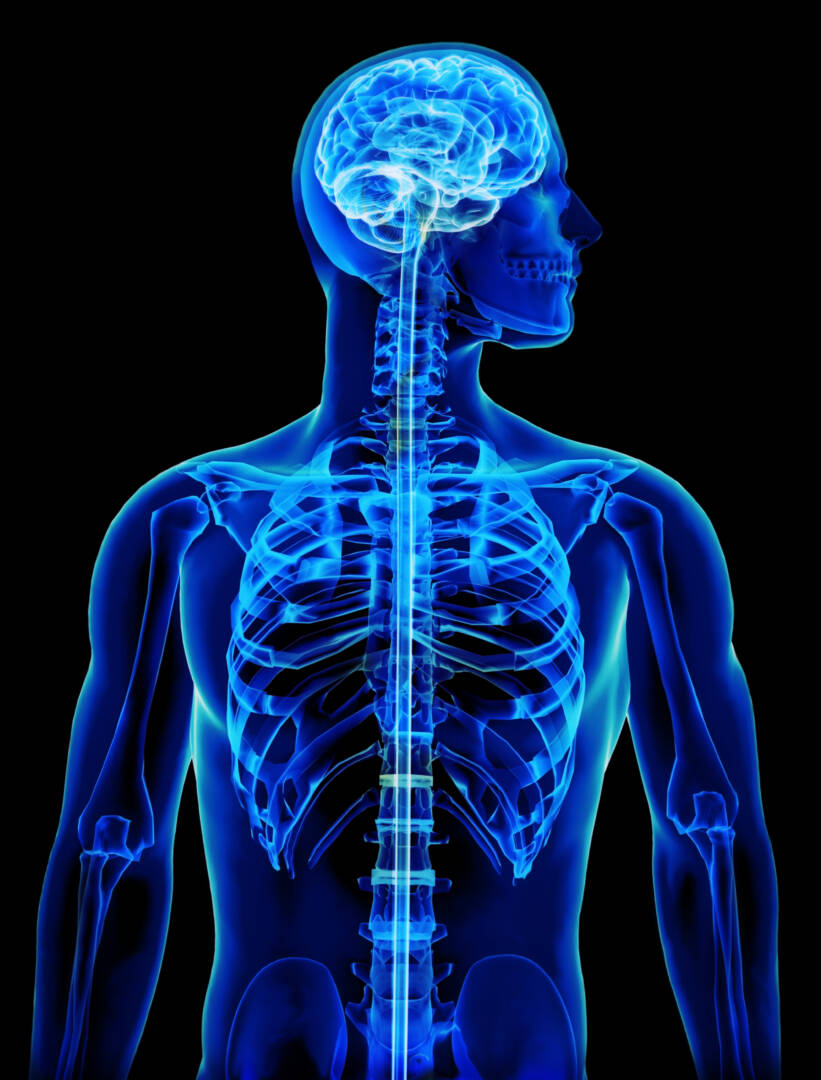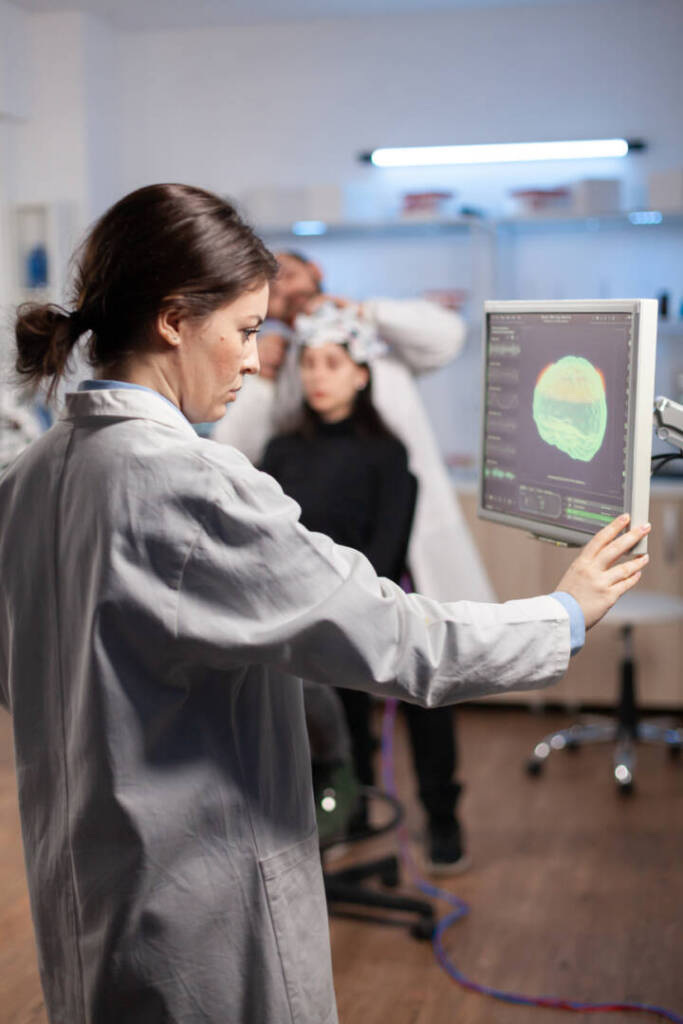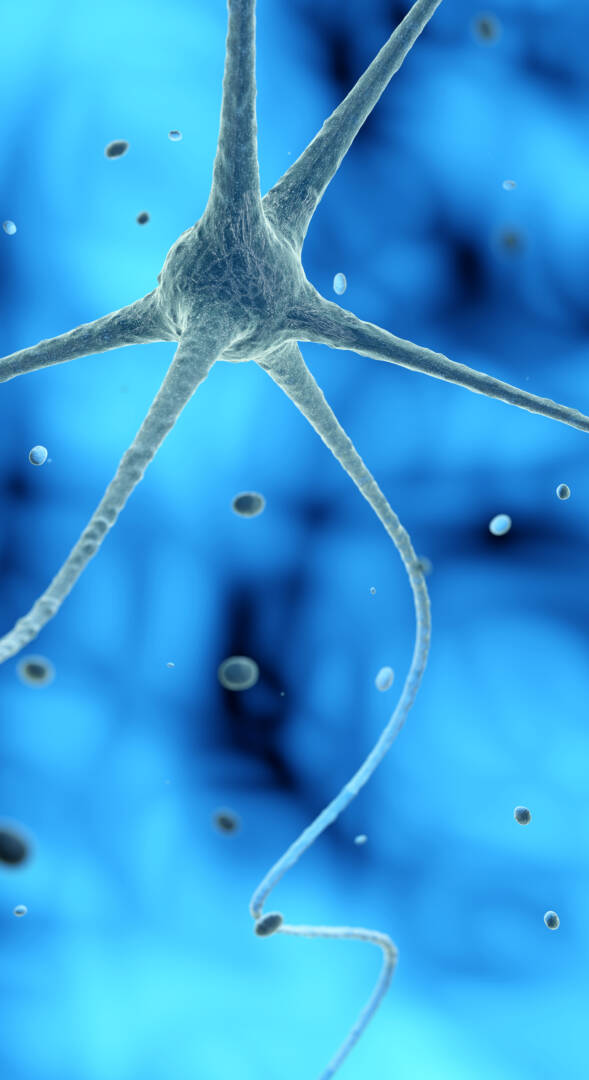Neurological diseases



Neurological diseases affect the central and peripheral nervous system. Sometimes they are hereditary, and other times they are due to inflammatory processes in the body. Early diagnosis is extremely important for the effective treatment of neurological diseases.
Types of neurological diseases:
– Parkinson's – progressive neurodegenerative disease, which occurs mostly in people over 55 years of age. In Parkinson's, the cells are damaged, which synthesize dopamine in the human brain.
– Multiple sclerosis – inflammatory autoimmune disease, which affects the central nervous system,, damaging the white matter in it. This slows down the transmission of nerve impulses.
– Dementia – sickness, in which the higher cortical functions in human consciousness are disturbed. Memory is affected first, then concentration and emotions, affecting the patient's daily activities.
– Neuralgia – peripheral nerve disease, starting with sudden and severe pain, which gradually spreads throughout the body. The pain can last between a few seconds and a few minutes.
– Polyneuritis – nerve disease, which is caused by an infection or allergic reaction. It affects the nerve trunks of the spinal cord system.
– Neurolipidosis – hereditary disease, which is characterized by a deficiency of lysosomal enzymes and an accumulation of lipids in the lysosomes of brain neurons.
Causes of neurological diseases
In Parkinson's, the exact cause is still unclear, which provokes the disease. For now it is only known, that genetic predisposition turns out to be a factor in the development of the disease.
Multiple sclerosis mostly affects white women, and it's not entirely certain what causes it either. However, factors such as heredity and viral infections are considered.
Dementia is most often a hereditary disease, but it can also occur in overweight people, in smokers, diabetics, alcoholics and in humans, patients with hypertension or atherosclerosis.
Neuralgia occurs after trauma or inflammation, as a result of which a nerve of the body is pressed or irritated.
Neurolipidosis is a hereditary disease.
In polyneuritis, a group of nerves is affected by inflammation or infection. The cause of its appearance can be bacteria and viruses, trapped in the body as a result of kidney or liver diseases. Ingesting toxic ingredients such as alcohol can also trigger the condition.
Symptoms of neurological diseases
The first symptoms, with which Parkinson's manifests itself, are shoulder pains, neck and mild stiffness. After a while, the typical signs of the neurological disease also appear – uncontrollable shaking, delayed movements, slower speech and unsteady gait.
Motor and sensory disturbances are the clearest symptoms of multiple sclerosis. The patient experiences weakness in the arms and legs, as well as tingling. Vision problems and urinary retention problems also occur.
Memory problems are the first sign of developing dementia. It is normal for a person to forget some events after a certain period of time, but in dementia it is an affected ability of the overall memory function, so that the patient does not even remember his relatives.
Depending on where the affected nerve is, neuralgia is signaled by strong pain in the corresponding place.
Patients with polyneuritis experience general fatigue and increase their body temperature. As the disease progresses, their muscle groups are covered by complete paralysis.
In neurolipidosis, the symptoms are some of the most severe signs, signaling disease – epilepsy, blindness and paralysis.


Diagnosis of neurological diseases
In order to make the correct diagnosis in neurological diseases, it is very important to study the specific symptoms, so as not to mistake the condition for another disease.
A neurological examination is scheduled, electrophysiological studies, Liquorological examination and conducting a magnetic resonance examination.



